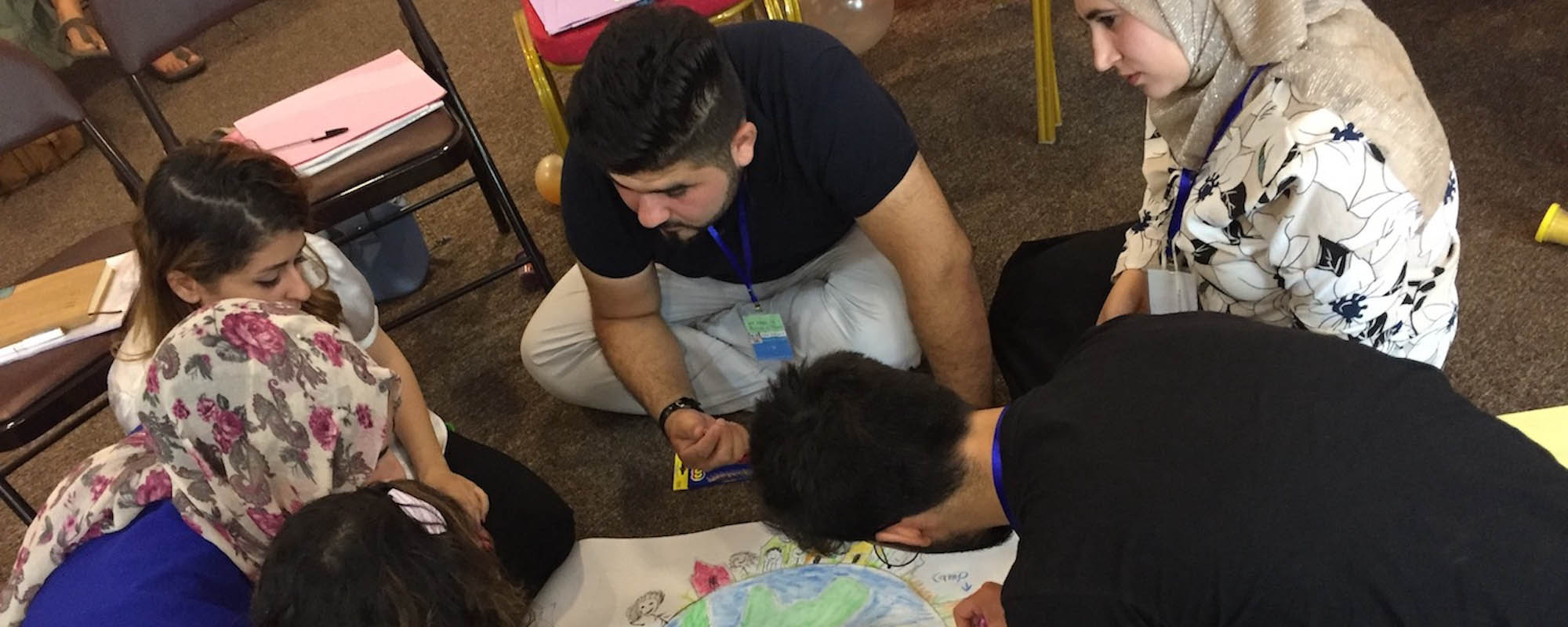This article explores divergent perspectives on female early marriage and genital modification in Ethiopia. It contrasts international norms and research evidence with local understandings, the latter focusing on the part these practices play in securing family social heritage, wellbeing of girls, and their transition to adulthood. The article explains persistence of these practices in the face of campaigns to eliminate them and questions assumptions behind the international child protection model. It points to unintended adverse consequences of interventions that do not pay sufficient regard to local meanings and social relations, and suggests how policy might be approached differently.






